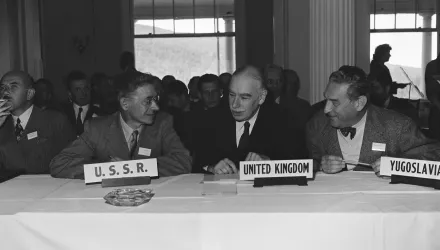International Security is America's leading peer-reviewed journal of security affairs.
Overview
Does the increase in the number of nongovernmental organizations (NGOs) such as international relief groups indicate the presence of a robust global civil society? Few would dispute the contribution of these organizations to alleviating world suffering. But according to Alexander Cooley of Barnard College and James Ron of McGill University, the growing number and involvement of these NGOs in international assistance activities also has a down side. Cooley and Ron suggest that "organizational insecurity, competitive pressures, and fiscal uncertainty" are becoming increasingly common in the transnational sector: In seeking to "reconcile material pressures with normative motivations," NGOs "often produce outcomes dramatically at odds with liberal expectations." Cooley and Ron use three case studies of transnational assistance to show how market pressures can increase the likelihood of dysfunctional and opportunistic behavior by international relief organizations.
Cooley, Alexander and James Ron. “The NGO Scramble: Organizational Insecurity and the Political Economy of Transnational Action.” Summer 2002



